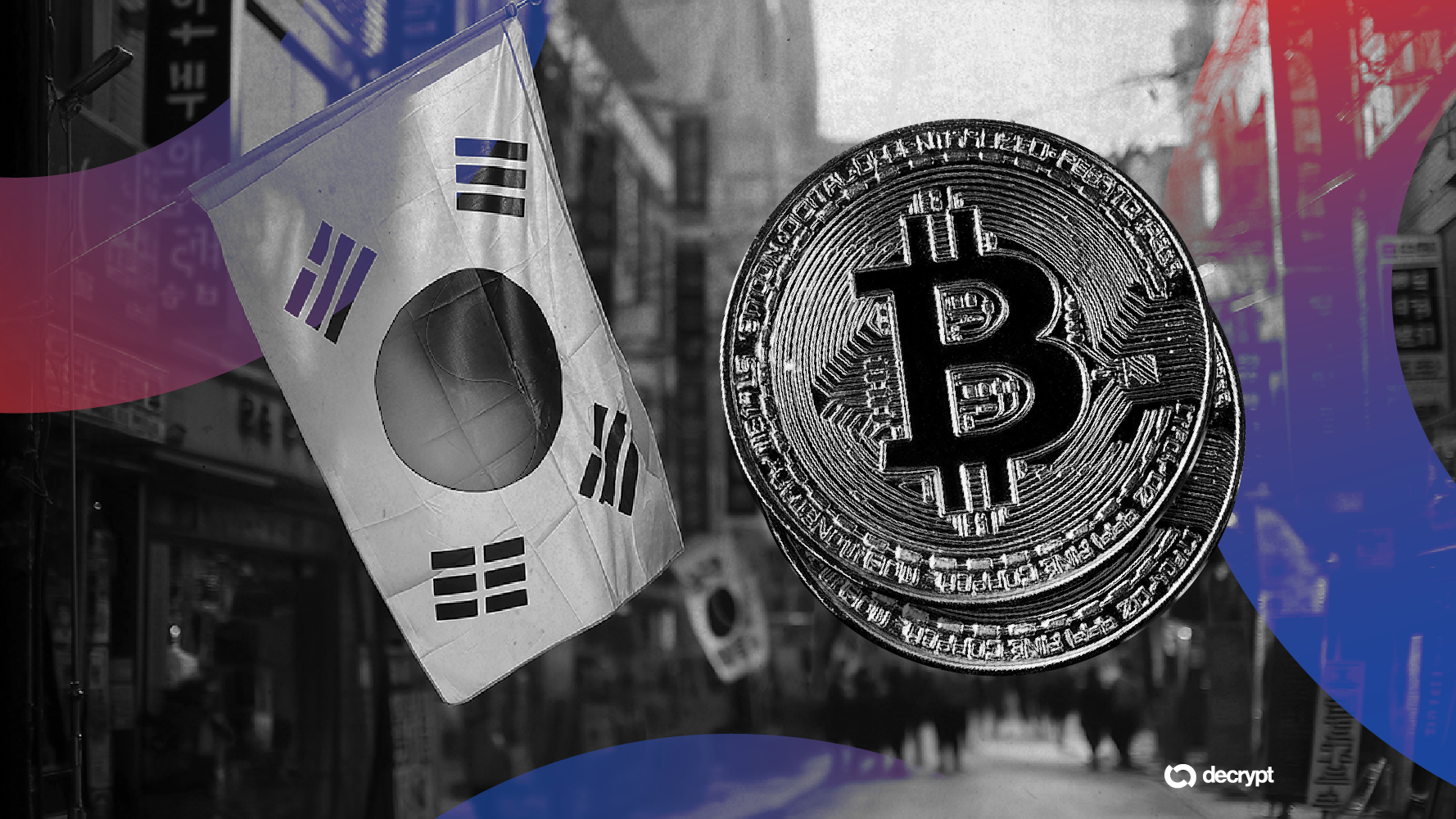South Korea’s Ruling Party Task Force Targets Crypto and Stablecoin Regulation in Major Oversight Push

Seoul tightens the screws on digital assets as government task force launches comprehensive regulatory framework.
THE CRACKDOWN BEGINS
South Korea's ruling party unleashes specialized task force to rein in wild west crypto markets. The move signals Seoul's determination to establish firm control over rapidly expanding digital asset ecosystem.
STABLECOINS IN THE CROSSHAIRS
Regulators zero in on stablecoin oversight with unprecedented scrutiny. The task force aims to prevent Terra-Luna style collapses that wiped out billions from retail investors.
GLOBAL STANDARDS, LOCAL ENFORCEMENT
South Korea positions itself at forefront of crypto regulation—implementing FATF guidelines while adding distinctive Korean regulatory teeth. Financial Services Commission veterans lead the charge with existing securities laws as foundation.
MARKET MATURITY OR GOVERNMENT OVERREACH?
The initiative promises investor protection but risks stifling innovation in Asia's most dynamic crypto economy. Traditional finance veterans cheer while crypto natives brace for compliance headaches.
Because nothing says 'financial stability' like government bureaucrats discovering blockchain technology five years after everyone else.
South Korea and stablecoins
The legislative push comes as South Korea's stablecoin sector gains momentum, with BDACS launching KRW1, the country's first regulated won-backed stablecoin via Woori Bank, while Kakao prepares its own won-pegged token through KAIA blockchain after registering the "KRWGlobal" and "KRWKaia" trademarks last month.
The Democratic Party faces competition from the ruling People Power Party, which filed competing stablecoin legislation in July, creating a parliamentary divide over key regulatory issues.
Rep. Ahn Do-geol, who introduced the Democratic Party’s stablecoin proposal, said the task force has “formed a consensus" on the goal of passing digital asset-related legislation within the year through bipartisan agreement—though competing bills suggest tough negotiations ahead.

